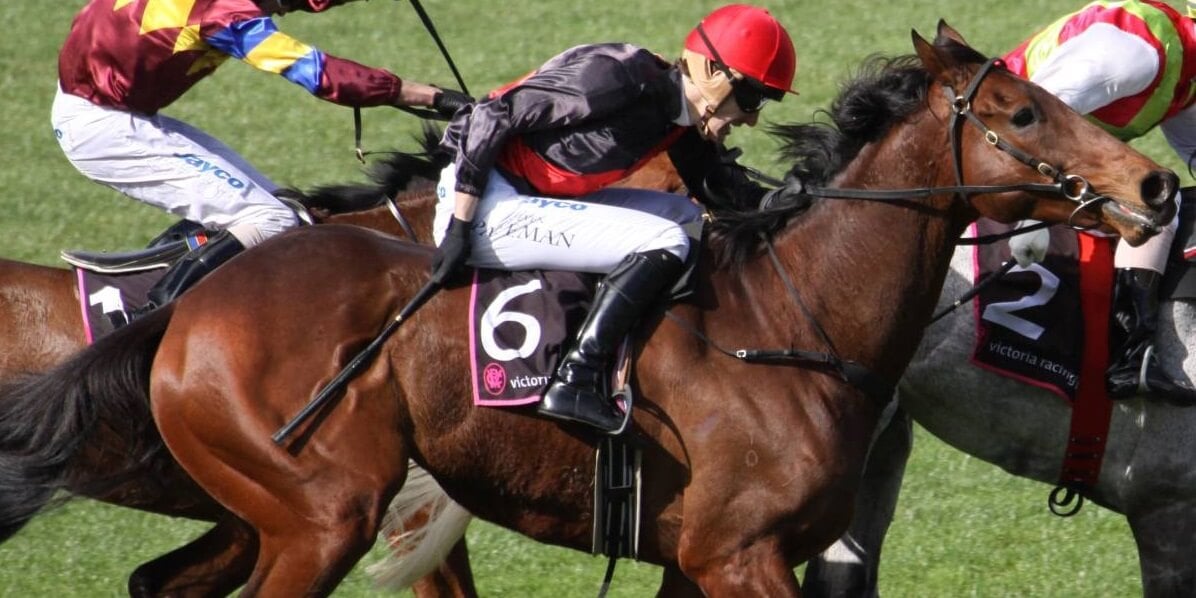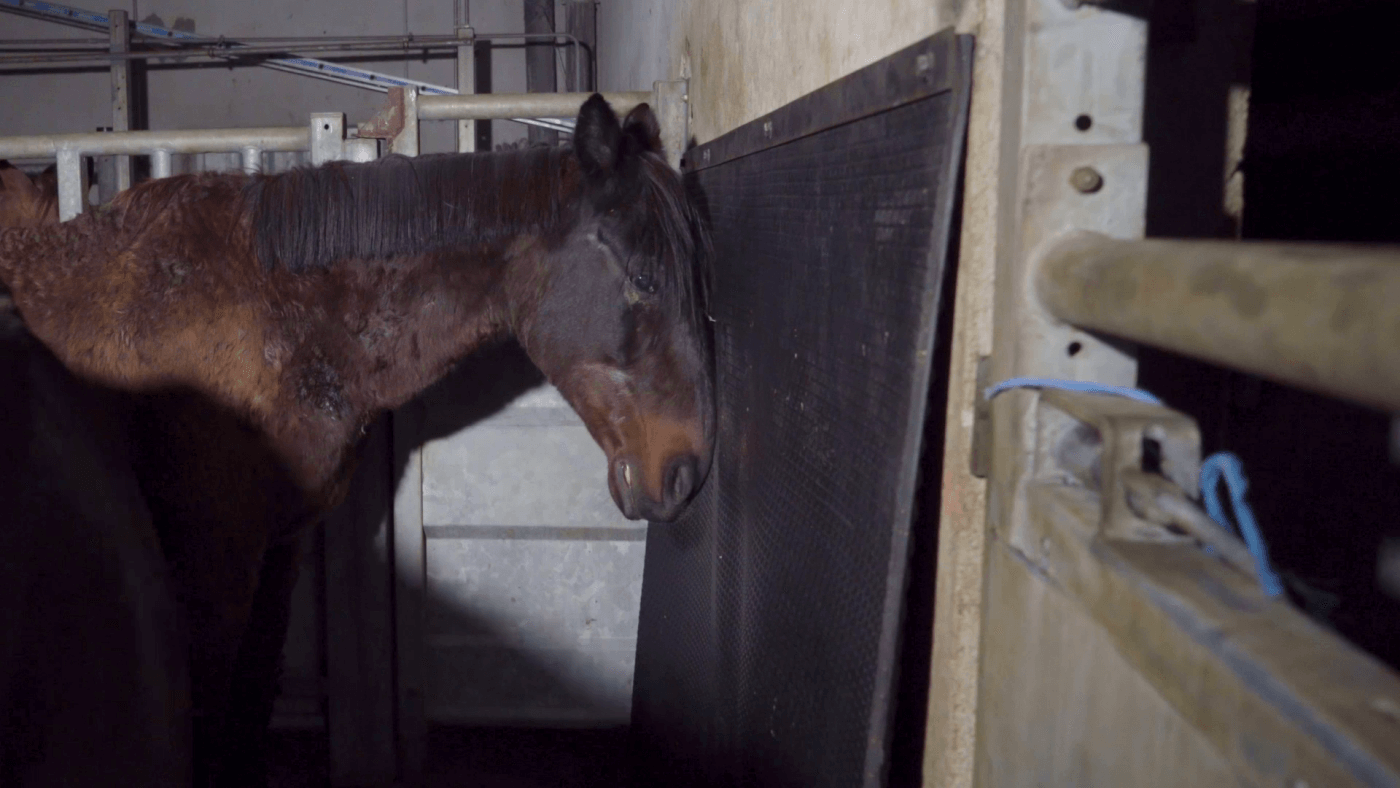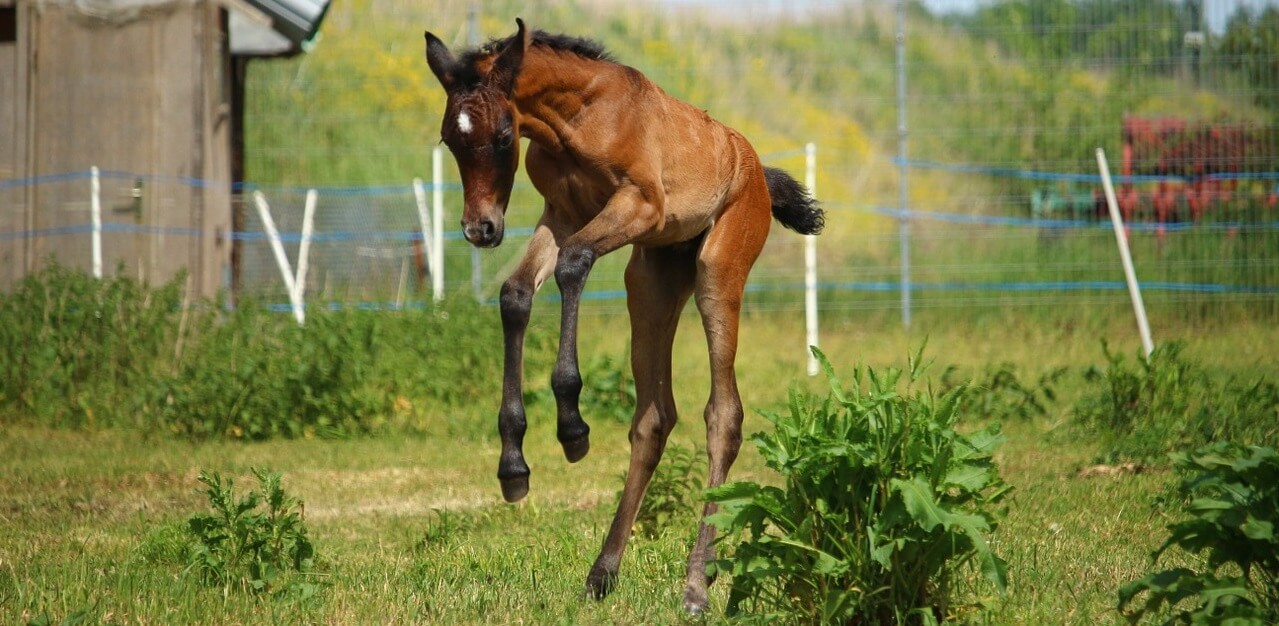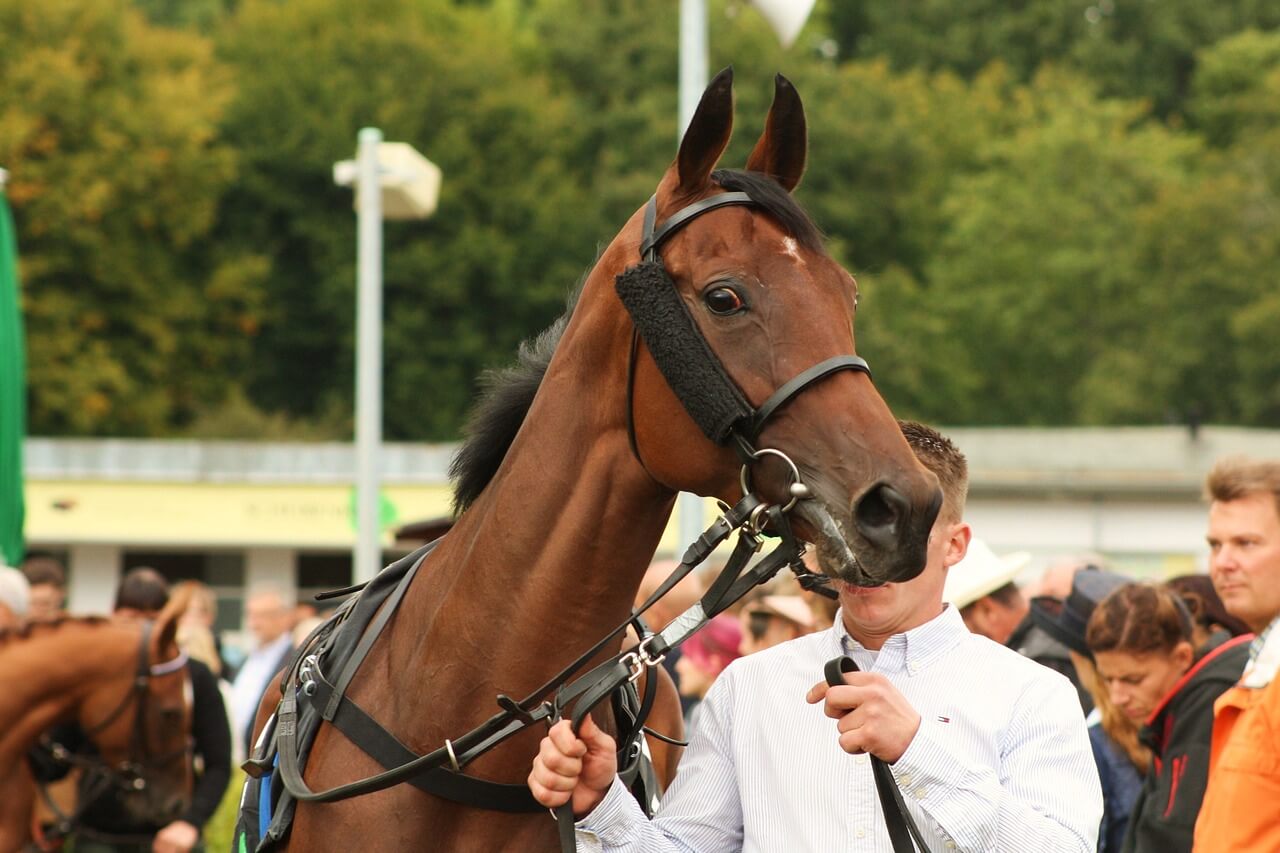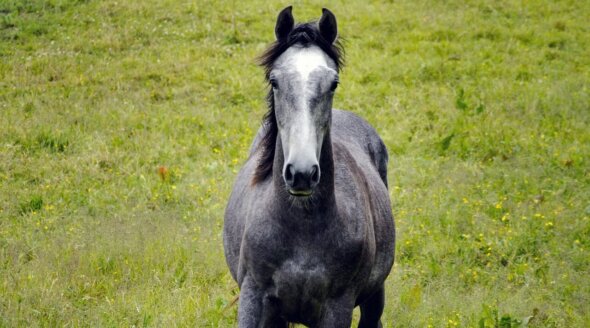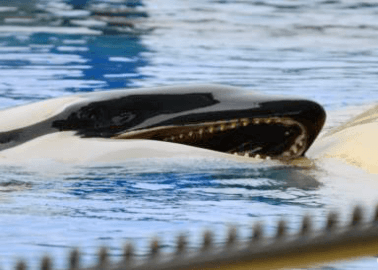6 Things They Don’t Tell You About Royal Ascot
Elaborate hats and fancy dresses can’t distract from the cruelty on the track at Royal Ascot. Numerous horses have been injured, died, or been killed after racing at Ascot, one of the UK’s most dangerous flat racing tracks.
Here are six reasons why Royal Ascot – and all horse-racing events – should be shut down:
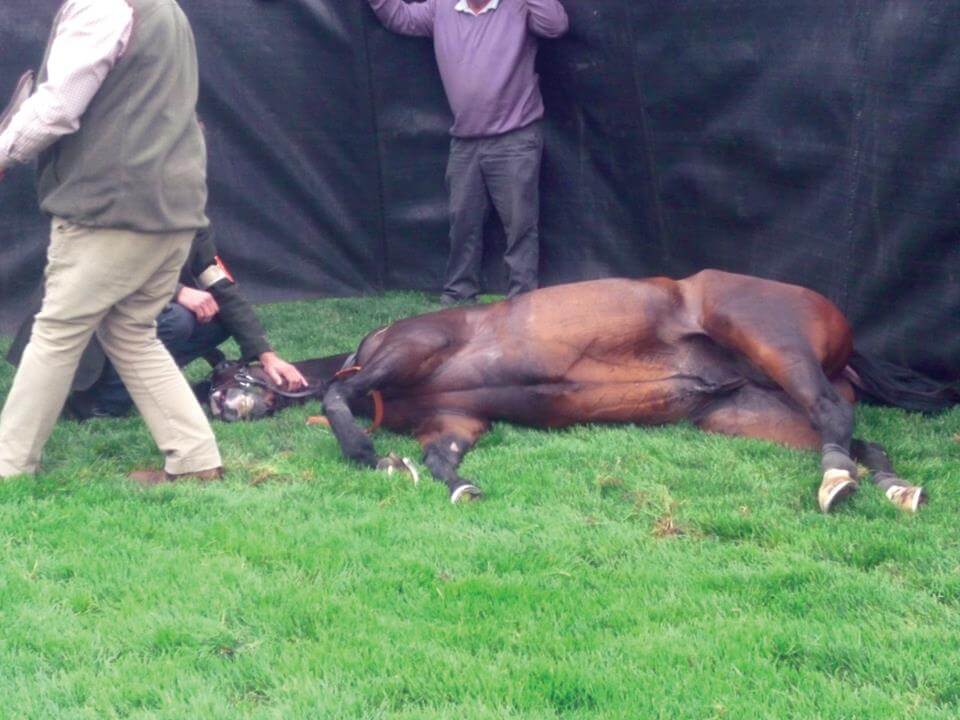 ©Animal Aid
©Animal Aid
1. Horses Suffer and Die at Ascot
Since 2013, 30 horses have died in jumps and flat races at Ascot. Some of the causes of death have included fractured pasterns, fetlocks, cannon bones, pelvises, and legs. Pushed to the breaking point, others have collapsed and died during or after the race. Instead of acknowledging the immense suffering that horses are forced to endure at Ascot, race managers view fatalities as “side effects” of training and competition.
2. Horses Are Often Abused by Jockeys
Jockeys whip horses to push them to their physical and mental limits. Almost every single year at Royal Ascot, riders breach the rules regarding whips and the horses endure severe beatings.
3. Horses May Be Drugged
Drugs, both legal and illegal, are as ubiquitous in racing as ridiculous hats are at Ascot. Horses may be drugged to mask the pain of existing injuries and conditions, keeping them running when they should be resting or receiving treatment. And illegal drugs are sometimes used to try to make horses run faster. For example, Mahmood al-Zarooni – a trainer with one of the world’s biggest horse-racing operations – was banned from racing for eight years for doping horses with prohibited steroids.
4. Horses May Be ‘Retired’ to the Abattoir
When horses used for racing get too old or stop performing well enough to be profitable, they’re often sent to slaughter. Approximately 1,000 horses from the industry are killed in abattoirs in Britain every year and turned into dog food or cheap meat, while others face horrific live-export journeys to Europe.
5. They’re Forced to Race While They’re Still Growing
Making horses risk their lives on the racetrack is wrong, regardless of their age. But it’s especially heartbreaking to learn that these animals are commonly forced to begin racing when they’re barely more than babies and their bodies are especially prone to damage. It’s hardly surprising, then, that injuries, lameness, and exhaustion are common.
6. It’s All About the Money
Royal Ascot rewards its winners – including horse owners, jockeys, and trainers – with mammoth sums of money. Motivated by increasing their wealth, they totally disregard horses’ health and well-being.
What You Can Do
● Please help hasten the end of this exploitative industry by encouraging your friends and family never to attend horse-racing events like Royal Ascot or watch them on TV.
● Betting on horse racing also bolsters this exploitative practice, so if you enjoy having a flutter, put your money on a football match or any other sport in which the participants are willing athletes, not mistreated animals.

